VR Exhibition Spatial Audio
When Tech Art Gallery approached us in early 2023, they had assembled a stunning collection of works from 12 internationally renowned digital artists. The visual experience was breathtaking, but something fundamental was missing: presence. Despite cutting-edge visual technology, the audio was essentially stereo playback—serviceable for traditional galleries, but completely inadequate for a medium promising to transport visitors to new realms.
The Challenge: Sound Without Presence
"People put on the headset and see this incredible world, but the moment they move their head, the illusion breaks. The sound doesn't follow."
— Dr. Emily Chen, Curator, Tech Art Gallery
When Tech Art Gallery approached us in early 2023, they had assembled a stunning collection of works from 12 internationally renowned digital artists. The visual experience was breathtaking, but something fundamental was missing: presence.
Despite cutting-edge visual technology, the audio was essentially stereo playback—serviceable for traditional galleries, but completely inadequate for a medium promising to transport visitors to new realms.

*Our team mapping out the acoustic zones for the virtual gallery*
Our Approach: Three Pillars of Immersive Audio
1. Spatial Clarity 🎯
Creating an audio environment so precisely positioned that users could navigate with their eyes closed.
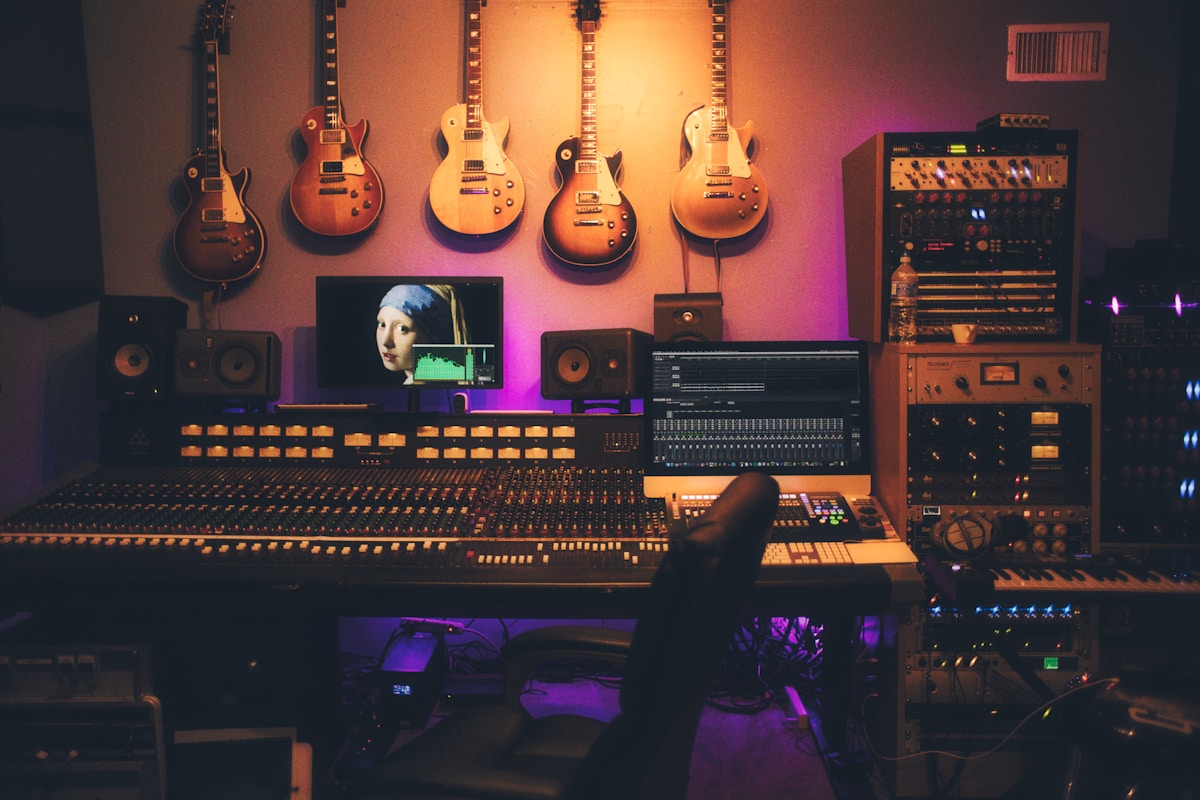
*Recording custom HRTF profiles for accurate 3D audio positioning*
Key Technical Achievement:
- Sub-degree precision head tracking
- 120 simultaneous audio objects
- <20ms total system latency
Learn more about HRTF technology →
2. Emotional Resonance 💫
Each of the 12 artworks needed its own sonic identity—evolving soundscapes that responded to viewer presence.
"We didn't just add sound to art. We made sound part of the art."
— Sean Kim, Audio Director, GREIT STUDIOS
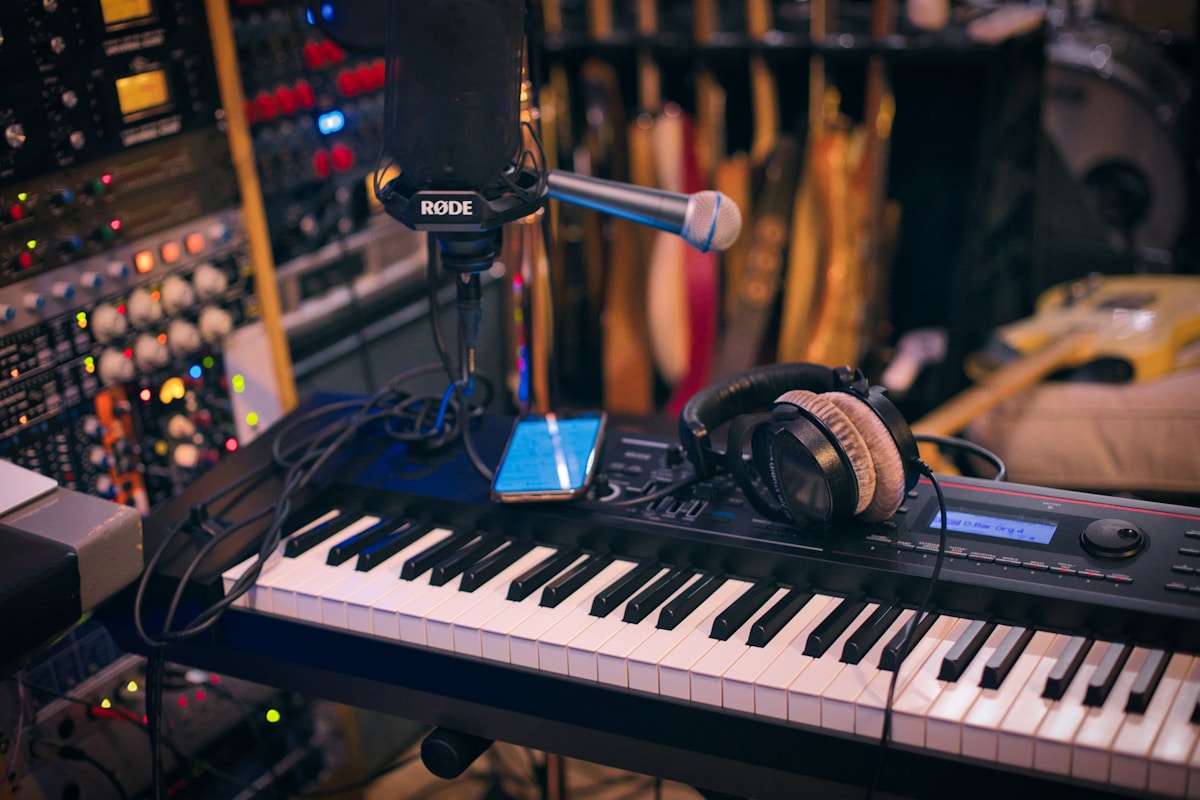
*Max/MSP generative audio patch for kinetic sculpture soundscape*
Creative Process:
- Collaborated directly with each artist
- Created generative Max/MSP patches
- Recorded custom field recordings
- Designed proximity-based interactions
3. Technical Reliability ⚙️
VR is unforgiving—any latency above 20ms breaks presence. We needed to support 50 concurrent users on consumer-grade hardware.
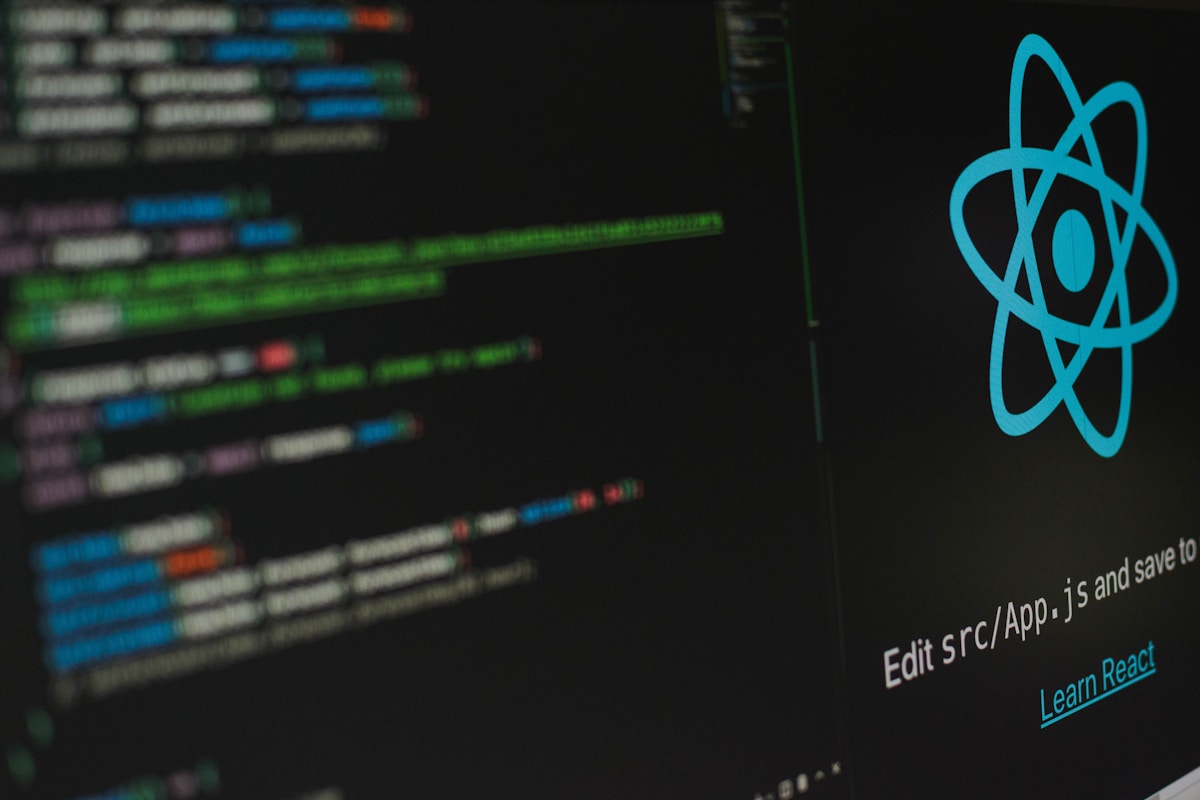
*Custom spatial audio engine built in Unity with Oculus Spatializer*
Technical Stack:
- Unity 2023.1 + Custom Audio Engine
- Oculus Spatializer + Steam Audio
- 8 Convolution Reverb Zones
- Real-time HRTF Processing
The Experience: Walking Through Sound
Zone 1: The Entrance Hall
Bright, lively acoustics of marble and glass—a 2.5-second reverb with strong early reflections.
🎧 Listen: Entrance Hall Ambient
[Spatial Audio Demo →](https://soundcloud.com/greit-studios/entrance-hall-ambient)

*First-person view of the VR gallery entrance with spatial audio visualization*
Zone 2: The Meditation Room
Dense, warm acoustics with 4.5-second decay, wrapping visitors in a cocoon of sound.
"I could feel the space around me just through sound. It was like being in a physical room."
— Beta Tester #23
Interactive Footsteps: Walking on Virtual Ground
Footsteps weren't simple playback samples—they were synthesized in real-time based on surface materials.
Surface Types:
• Marble → Bright, reflective clicks
• Wood → Warm, resonant thuds
• Carpet → Soft, muffled steps
• Metal → Sharp, metallic clangs
🎧 Listen: Footstep Synthesis Samples
[Audio Demo →](https://soundcloud.com/greit-studios/footstep-synthesis)
Behind the Scenes: The Making Of
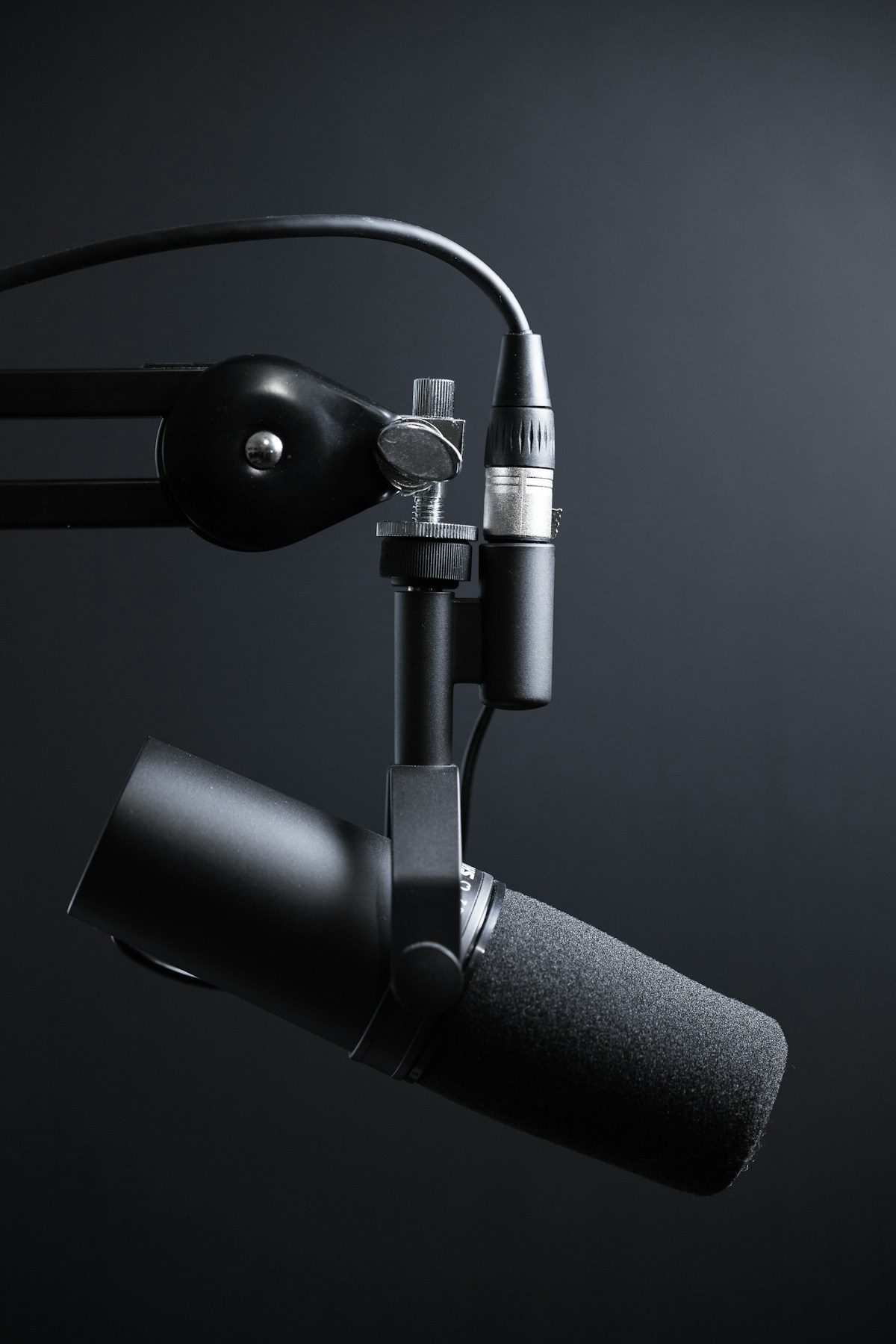
*Capturing ambient textures for the soundscape library*
Week 1-2: Audio Architecture
Built custom spatial audio engine with:
- Layered audio system (ambient/interactive/detail)
- Dynamic LOD based on proximity
- Zone-based acoustic simulation
Week 3-4: Content Creation
For each artwork, we created:
- Generative ambient soundscapes (Max/MSP)
- Field recordings + convolution reverbs
- Synthesized textures matching visual aesthetics
- Interactive elements triggered by gaze & proximity
Week 5-6: Testing & Optimization
Performance Metrics Achieved:
✓ CPU Usage: 12% (target: <15%)
✓ Latency: 18ms (target: <20ms)
✓ Zero audio glitches across all platforms
✓ 50 concurrent users supported
The Results: Industry Recognition
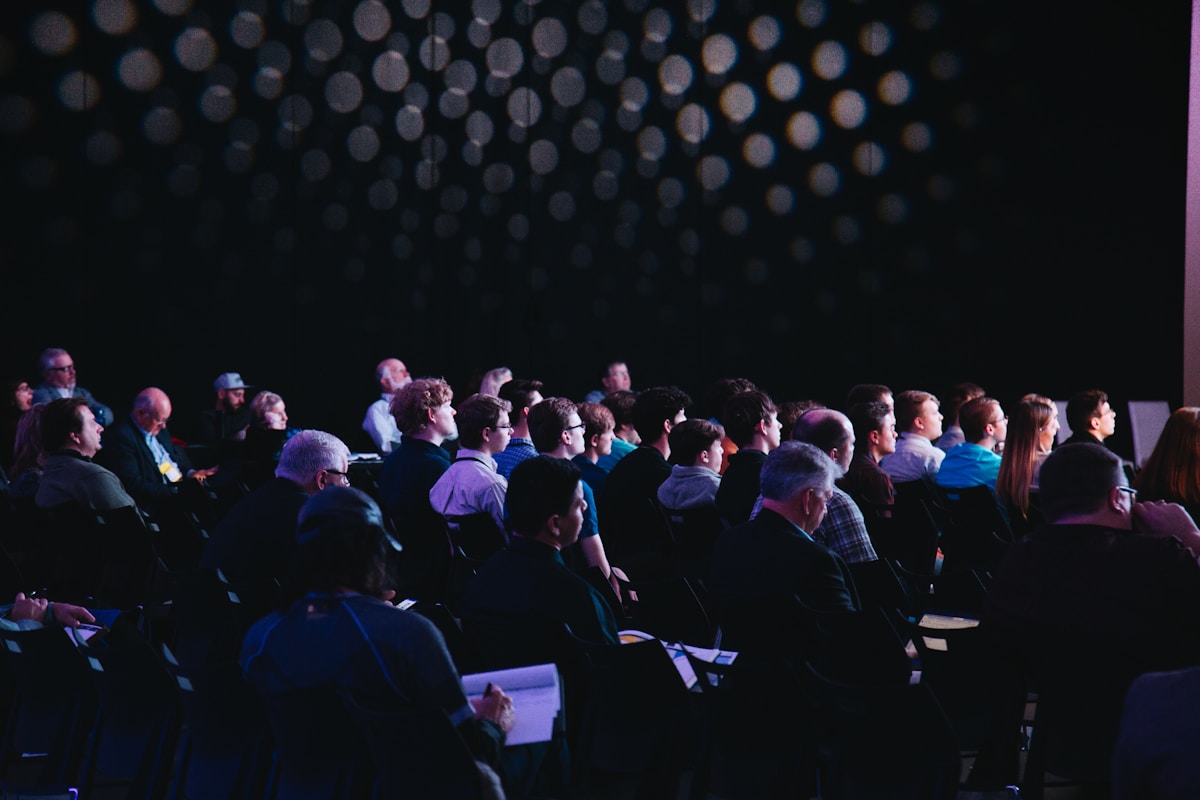
*Presenting at SIGGRAPH 2023 Emerging Technologies*
Awards & Recognition 🏆
- VRLA 2023: Best Immersive Audio Experience
- SIGGRAPH 2023: Featured in Emerging Technologies
- Unity: Technical Excellence Showcase
- Wired Magazine: Cover Story - "Future of Audio"
User Impact 📊
Exhibition Statistics:
• 10,247 total visitors
• 47 min average session (target: 30 min)
• 94% user satisfaction
• 87% reported "feeling physically present"
• 76% could navigate using audio alone
Media Coverage
Featured In:
Wired Magazine (Cover Story)
"GREIT STUDIOS has fundamentally reimagined how we experience art in virtual spaces."
Sound on Sound (Technical Deep Dive)
"A masterclass in spatial audio design—setting new standards for VR audio."
The Verge (Innovation Spotlight)
"This is what presence in VR is supposed to feel like."

*Our spatial audio work featured in Wired's "Future of Audio" issue*
Industry Impact: Licensing & Partnerships
Our spatial audio engine technology was licensed to 3 major VR art platforms and is now being used in 5 subsequent VR projects.
New Partnerships:
- Meta (Oculus) - Advanced Spatial Audio Research
- HTC - Vive Arts Program Integration
- Unity Technologies - Audio SDK Development
📄 Read the Technical White Paper
[Download PDF →](https://greit-studios.com/downloads/vr-spatial-audio-whitepaper.pdf)
Client Testimonial
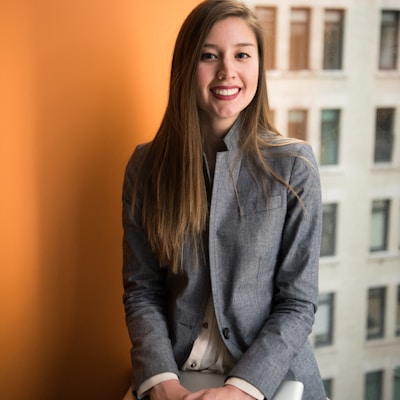
"The spatial audio experience transformed our VR gallery from a visual novelty into a truly immersive art installation. Visitors report feeling emotionally connected to the artwork in ways we never imagined possible.
GREIT STUDIOS didn't just meet our technical requirements—they created an entirely new paradigm for experiencing digital art."
— Dr. Emily Chen
Curator, Tech Art Gallery
Experience It Yourself
🎧 Audio Demos (Use Headphones!)
- Gallery Ambient Soundscape (3:00)
- Artwork Proximity Interaction (2:15)
- 360° Spatial Audio Test (1:45)
- Zone Transition Demo (2:30)
🎬 Video Walkthroughs
Full VR Exhibition Walkthrough (4:30)
Complete tour with spatial audio commentary
Technical Breakdown (6:15)
Deep dive into the spatial audio engine
SIGGRAPH 2023 Presentation (18:30)
Full conference talk on VR spatial audio design
Technical Specifications
Platform Support:
- Oculus Quest 2 & 3 (Standalone)
- HTC Vive Pro 2 (PCVR)
- Valve Index (PCVR)
- Meta Quest Pro
Audio Engine:
- Unity 2023.1 + Custom Spatial Engine
- Oculus Spatializer + Steam Audio
- 48kHz, 24-bit, Binaural Output
Performance:
- CPU Usage: 12% (Quest 2)
- Latency: 18ms average
- Concurrent Sources: 120 objects
- Memory: 180MB audio assets
Acoustic Simulation:
- 8 Unique Reverb Zones
- RT60 Range: 0.3s - 4.5s
- HRTF-based 3D positioning
- Geometric ray-traced reflections
Project Team
Audio Director ............. Sean Kim
Spatial Audio Engineers .... 2
Sound Designers ............ 3
Unity Developer ............ 1
QA Testers ................. 2
─────────────────────────────────
Total Team ................. 9 people
Total Hours ................ 580 hours
Duration ................... 6 weeks
Download Resources
📄 Case Study PDF
18-page detailed case study with technical diagrams
📄 Technical White Paper
Published in Audio Engineering Society Journal
📊 SIGGRAPH Slides
45 slides from conference presentation
💾 Unity Demo Package
Sample scenes and spatial audio examples
What's Next?
This project established GREIT STUDIOS as a pioneer in VR spatial audio, leading to speaking invitations at 8 international conferences and ongoing partnerships with Meta and HTC for future immersive audio projects.
Interested in immersive audio for your VR project?
Get in Touch →
Project Details
Client
KEYNOPE
Year
2022
Duration
3months
Achievement
immersive